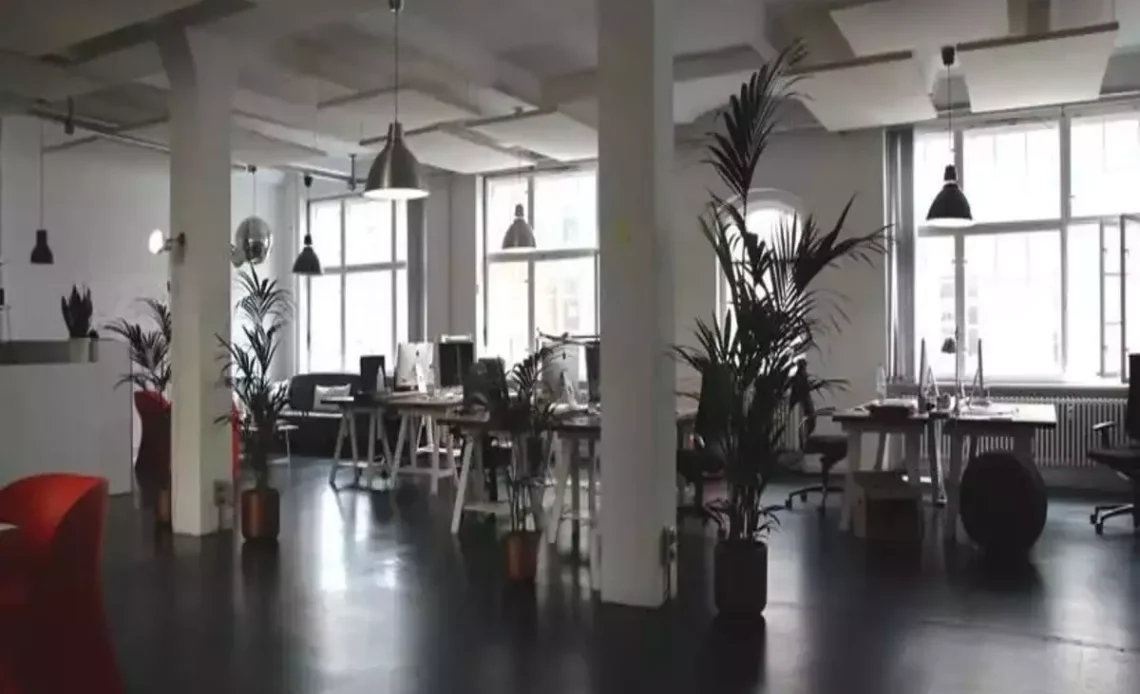Major factories and a wide variety of businesses may be found in Changwon, South Korea’s economic metropolis. Due to its requirement for operational, sales, and administrative offices, its industrial strength affects the demand for 창원오피 space; expansion, diversification, and modernization have an effect on the office real estate market.
Because of its vast industrial complex, Changwon’s industrial growth has raised demand for office space. The city’s varied sectors, which include electronics, defence equipment, car components, shipbuilding, and machinery, necessitate significant management and administrative work. Businesses need more buildings for technology, transportation, marketing, and customer support as their industrial operations grow. Major South Korean corporations have established regional headquarters in the city, which is a vital site for business headquarters and regional offices due to its industrial prominence. Smaller businesses that offer specialized services or parts also establish satellite offices close to the industrial complexes.
The need for office space is being increased by Changwon’s industrial activities because of financial institutions, logistics and suppliers of services, and business-to-business service providers. Due to the city’s increased industrial production, supply chain management organizations, logistics companies, and transportation providers now need offices. Demand is also being driven by the growth of R&D offices and technological improvements. Tech-savvy office spaces are becoming more prevalent as a result of the city’s push for Industry 4.0 and smart manufacturing, especially in neighborhoods close to industrial complexes.
With new office buildings and mixed-use buildings popping up in high-industrial locations, Changwon’s office property market has adapted to the expanding industrial sector. Business zones next to industrial areas are encouraged by urban planning rules, which serve the administrative requirements of manufacturing and logistical firms. Rising rental costs and vacancy rates are a result of the growing demand for contemporary office space with improved parking, transit, and infrastructure. Demand is not dispersed equally throughout the city, though, with neighborhoods close to industrial complexes fetching higher prices.
Final thoughts
Despite having a favorable effect on the need for office space, Changwon’s industrial sector faces obstacles such remote work, hybrid models, and the trend towards more compact, adaptable office layouts. The need for office space may be impacted by the reduction of administrative functions brought about by automation in factories and digital transformation. Notwithstanding these obstacles, Changwon’s strategic significance as an industrial centre is anticipated to maintain demand over time, and the city’s emphasis on technologically advanced manufacturing, renewable energy, and the defence sector is probably going to draw in more businesses and investors.

